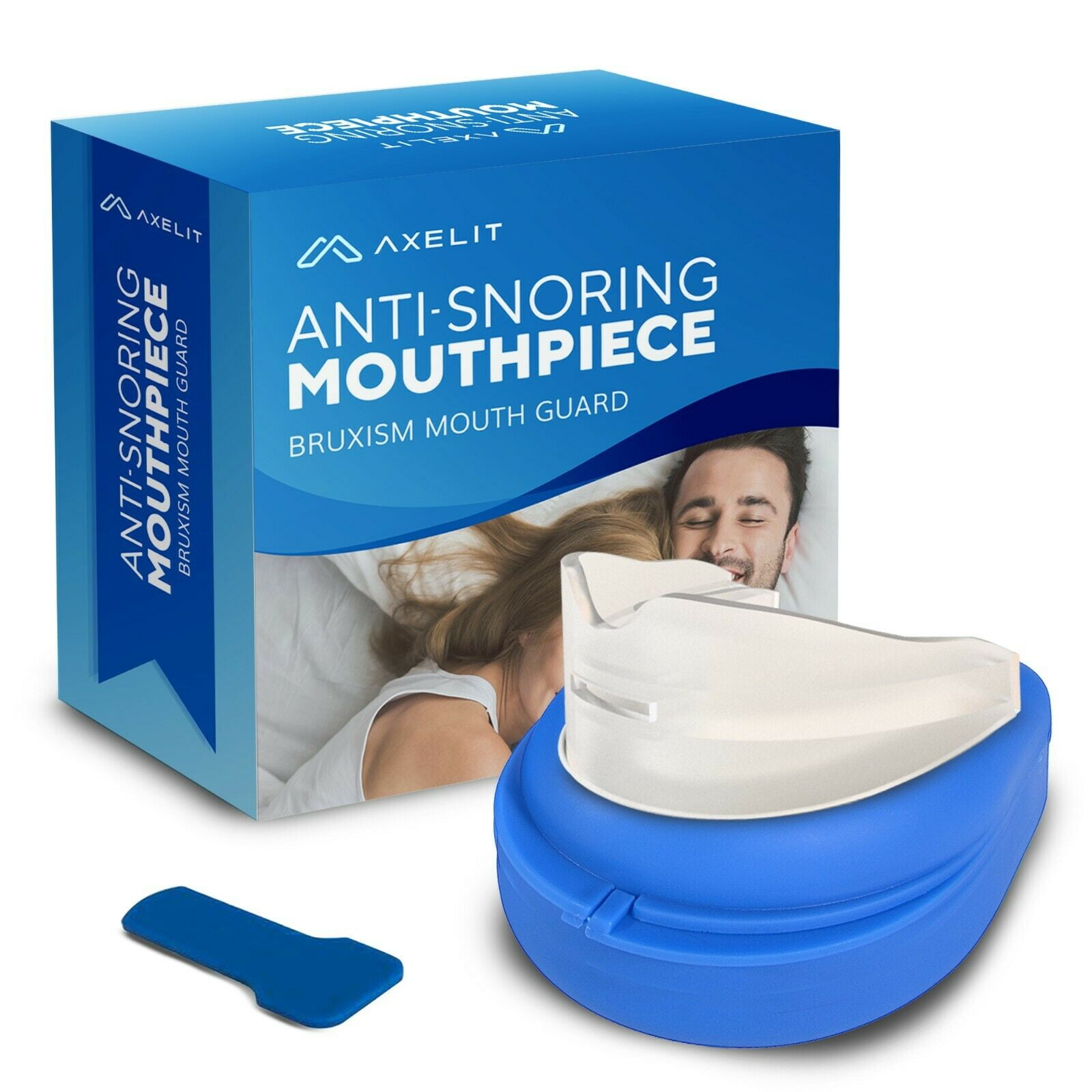What can stop snoring – Snoring, a prevalent sleep disturbance, can significantly impact sleep quality. This comprehensive guide delves into the various approaches that can effectively stop snoring, empowering individuals to reclaim restful nights.
From medical interventions to lifestyle modifications and environmental adjustments, this article explores a range of solutions tailored to address the underlying causes of snoring.
Medical Interventions
Medical interventions offer more invasive approaches to address snoring, aiming to physically alter the structures involved in breathing and sound production. These procedures are typically performed by an otolaryngologist (ear, nose, and throat specialist) and may involve the use of surgical techniques, energy-based devices, or a combination of both.
Uvulopalatopharyngoplasty (UPPP), What can stop snoring
UPPP is a surgical procedure that involves removing excess tissue from the soft palate, uvula, and tonsils. This aims to widen the airway and reduce the obstruction caused by these structures during breathing. UPPP is generally effective in reducing snoring, but it can also lead to complications such as pain, bleeding, and difficulty swallowing.
Discover the crucial elements that make solar panel light bulb kit the top choice.
The recovery time for UPPP is typically around 2-3 weeks.
Expand your understanding about 10kw off grid solar system cost with the sources we offer.
Radiofrequency Ablation
Radiofrequency ablation is a minimally invasive procedure that uses heat energy to shrink or destroy tissue in the soft palate and uvula. This technique is less invasive than UPPP and has a shorter recovery time, but it may be less effective in reducing snoring.
The effects of radiofrequency ablation may also diminish over time.
Laser-Assisted Uvulopalatoplasty
Laser-assisted uvulopalatoplasty is a surgical procedure that uses a laser to remove or reshape tissue in the soft palate and uvula. This technique offers greater precision than traditional UPPP and may result in less bleeding and pain. However, it is also more expensive and may require multiple treatments to achieve optimal results.
Lifestyle Modifications
Lifestyle modifications can significantly reduce snoring by addressing underlying factors contributing to airway obstruction. These include weight loss, adjusting sleep position, and avoiding alcohol and sedatives.
Weight Loss
Excess weight can lead to fatty tissue accumulation around the neck, narrowing the airway and increasing the risk of snoring. Losing weight can reduce airway obstruction and improve breathing, thereby minimizing snoring.
Sleep Position
Sleeping on the back can worsen snoring as gravity pulls the tongue and soft palate backward, blocking the airway. Sleeping on the side or using a wedge pillow to elevate the head can help keep the airway open and reduce snoring.
Alcohol and Sedatives
Alcohol and sedatives relax the muscles in the throat, leading to airway narrowing and increased snoring. Avoiding these substances before bedtime can help reduce the severity of snoring.
Nasal Strips
Nasal strips are adhesive strips applied to the bridge of the nose to widen the nasal passages. They can improve airflow and reduce snoring by reducing nasal congestion.
Chin Straps
Chin straps are worn around the chin and head to keep the jaw in a forward position. This prevents the tongue from falling backward and blocking the airway, reducing snoring.
Oral Appliances
Oral appliances, such as mandibular advancement devices (MADs), are custom-made mouthpieces that fit over the teeth. They gently push the lower jaw forward, increasing airway space and reducing snoring.
Environmental Factors
Environmental factors can play a significant role in contributing to snoring. These include allergies, dust mites, and humidity levels.
Check home solar power systems canada to inspect complete evaluations and testimonials from users.
Allergies and dust mites are common triggers for snoring. When allergens or dust mites are present in the bedroom, they can cause inflammation and swelling in the nasal passages, which can obstruct airflow and lead to snoring. Additionally, high humidity levels can make the air heavier and more difficult to breathe, which can also contribute to snoring.
Creating a Sleep Environment that Minimizes Triggers
To create a sleep environment that minimizes these triggers, it is important to:
- Use a humidifier to keep the humidity level in the bedroom at around 40-50%.
- Use a dehumidifier to reduce humidity levels if they are too high.
- Vacuum and dust the bedroom regularly to remove dust mites.
- Use allergen-proof bedding and pillow covers.
- Wash bedding in hot water to kill dust mites.
- Avoid smoking in the bedroom.
- Keep pets out of the bedroom.
Exercises and Techniques
Strengthening the muscles of the throat and palate can reduce snoring. This can be achieved through specific exercises and breathing techniques.
Throat and Palate Exercises
- Tongue Exercises:Stick your tongue out as far as you can and hold it for a few seconds. Repeat this 10-15 times.
- Chin Tucks:Tuck your chin towards your chest and hold it for a few seconds. Repeat this 10-15 times.
- Uvula Exercises:Gargle with water for 30 seconds. This helps strengthen the muscles of the uvula, which can reduce snoring.
Breathing Exercises
Certain breathing exercises can also help reduce snoring by improving airflow and strengthening the muscles involved in breathing.
- Nasal Breathing:Practice breathing through your nose instead of your mouth. This forces you to use your diaphragm more effectively, which can reduce snoring.
- Buteyko Method:This technique involves reducing the amount of air you breathe in and out. It is believed to help strengthen the muscles of the throat and palate, reducing snoring.
Other Considerations
Snoring can be a symptom of underlying medical conditions that require attention. These conditions may include:
Nasal polyps
These are non-cancerous growths in the nasal passages that can obstruct airflow and cause snoring.
Enlarged tonsils
For descriptions on additional topics like is it possible to live off the grid, please visit the available is it possible to live off the grid.
Enlarged tonsils can block the airway, leading to snoring and other sleep disturbances.
Sleep apnea
This is a serious sleep disorder in which breathing repeatedly stops and starts during sleep. It can cause loud snoring and daytime sleepiness.It is crucial to consult a healthcare professional to rule out any underlying health issues that may be contributing to snoring.
Proper diagnosis and treatment of these conditions can significantly reduce or eliminate snoring.
Closing Notes: What Can Stop Snoring
Addressing snoring involves a multifaceted approach that considers both medical and lifestyle factors. By implementing the strategies Artikeld in this guide, individuals can significantly reduce or eliminate snoring, paving the way for improved sleep quality and overall well-being.
Detailed FAQs
Can snoring be cured permanently?
While some snoring can be permanently resolved through medical interventions like UPPP, lifestyle modifications and environmental adjustments can significantly reduce snoring severity.
Is it possible to stop snoring naturally?
Yes, implementing lifestyle changes such as weight loss, avoiding alcohol before bed, and using nasal strips can effectively reduce snoring.
What is the best over-the-counter remedy for snoring?
Nasal strips, chin straps, and oral appliances are widely available over-the-counter solutions that can help reduce snoring by improving airflow or supporting the jaw.


